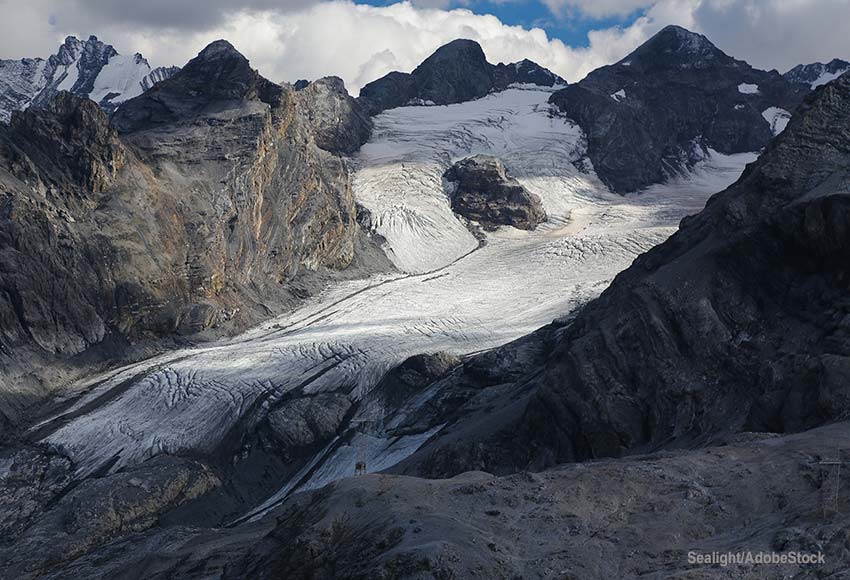FAQ about Glaciers

5. What would happen if all the glaciers on Earth melted?
Since glaciers are frozen water, if all the ice layers melted there would probably be no water either. By altering the water cycle on Earth, it would be a dry, desert planet, extremely hot and devoid of life, as occurs on other planets in the universe.
If all the glaciers melted, global sea level would rise between 60 and 70 meters, according to estimates by NASA and the United States Geological Survey (USGS).
However, the American geological organization clarifies, there is still uncertainty about the total volume of the Earth’s glaciers and polar caps, as well as the impact that the increase in global temperature would generate.
What is known is that the eventual rise in sea waters would cause flooding in all cities located on the Earth’s coasts.
“In fact, rising sea levels could cause entire states and even some countries to disappear beneath the waves,” states an article in National Geographic , 2023, titled “Sea Levels Are Rising at an Extraordinary Rate.”
FAQs about glaciers
1. What are glaciers, how long do they take to form and retreat?
2. What is the difference between a glacier, an iceberg and an ice pack?
3. What benefits do glaciers provide us?
4. Why are glaciers and other ice the Earth’s sunscreens?
5. What would happen if all the glaciers on Earth melted?
6. Did you know that Venezuela is the first country in the world to lose its last glacier?
8. How many glaciers are there on Earth and which are the highest?
Other sections of Glaciers
Video Gallery
The Planets In Our Solar System
